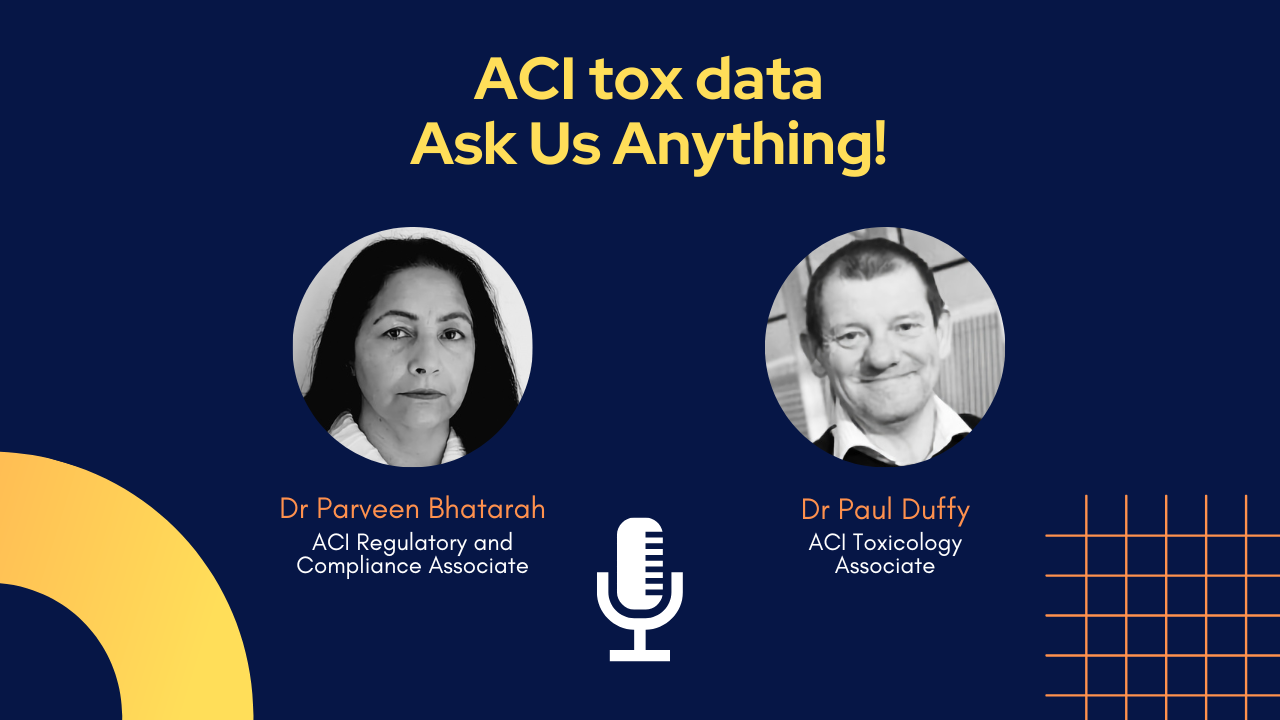Hiring for a specific role or looking for a new challenge? We asked cannabis sector recruitment experts about the cannabis jobs market in 2022.
From cultivation to extraction, wholesale to distribution, and retail to consumption. The chain of events from seed-to-sale of CBD needs skilled workers.
With the industry on the cusp of regulation, Cannabinoid Insight asked Europe’s first recruitment company for the European cannabis industry, Lumino Group, for an overview of the cannabis jobs market in this era of levelling up.
Thomas Gray, Lumino co-founder and CEO, says a number of uncontrollable factors have had an impact on the rate of growth and hiring across the CBD sector.
From COVID-19 creating an overnight surge in digital needs and a push to hire for e-commerce, to the “macro trend” of regulation stunting expansion, Thomas breaks down the key areas where employment opportunities currently lie, and where growth is anticipated in the future of the multi-dimensional realm of cannabis.
Q: What impact has the regulation of CBD as a novel food had on the industry’s will to hire?
A: CBD businesses have been slowed down by novel foods over the past couple of years. With the added uncertainty of not having an approved product, it has made it harder for these – typically start-up – businesses to raise capital, win shelf space and subsequently grow their business.
If we consider novel foods as a macro trend, then, there have been notable micro trends that have affected the rate of hiring new staff. A good example of this is the impact of Covid on retail focused CBD businesses. It resulted in an almost immediate push to hire ecommerce professionals to digitise the once retail sales channels.
In most cases, these micro trends have meant that hiring is a survival tool to help companies pivot and stay in the market, as opposed to hiring as a thrive tool to help companies grow in already successful channels.
Q: Do you expect a hiring surge in CBD once the Food Standards Agency publishes its list of validated products?
A: Simply put, yes. There will be much more ground for approved manufacturers and brands to raise capital and build teams.
Q: Are there any areas of the industry that are currently hiring?
A: There are a range of different growing employment sectors in the UK cannabis industry. The CBD fast moving consumer goods (FMCG) and consumer packaged goods (CPG) sector employs a lot more staff than the medical clinical sector to date. This is largely due to ease of entry into the market and the profitability of the businesses that sit within each sector. As CBD in the UK is marketable and available to pretty much everyone, it’s reasonably self-explanatory why as a sector it’s seen more growth – revenue, consumer base and company size – than the medical cannabis sector, where it resides as a specials medicine to be prescribed once all existing avenues have been exhausted.
Amongst the CBD sector, you only have to look as far as traditional FMCG businesses to get a feel for the sort of positions and skill sets required. As with most growing sectors, sales and marketing is and will be the most in-demand skill sets, followed by HR, finance and legal functions. It’s more common to have an in-house sales and marketing team before you have an in-house general counsel or HR Manager, typically outsourced among start-ups.
Q: Can you compare what you see unfolding where jobs in cannabis are concerned, with any other industry?
A: Just like sectors and skill sets within the alcohol industry’s ecosystem, the cannabis industry’s ecosystem is also equally broad. If we consider the alcohol sector – it encompasses agriculture, R&D, analytical testing, production, medical, logistics, sales, marketing, branding, legal – as a regulated product with both adult use and medical functions, cannabis will be largely similar.
Hiring in the medical cannabis industry is normally dictated by the staff required for each stage of regulatory compliance. For example, a cultivation project that is looking for EU-GMP approval amongst other key placements will require hiring qualified persons and the wider quality team to meet regulatory requirements.
Once we’ve placed quality candidates – those with backgrounds in quality processes – and products have been validated and approved, we can expect to be helping the same client to hire country managers and medical sales liaisons (MSLs) to help launch their product in the desired market when they get to that hurdle, roughly 18-36 months later.
The bulk of licensed producers have been moving through the regulatory requirements at the same time resulting in certain positions being in massive demand over a few months at a time. In short, to understand what staff are required and when, it’s important to know where the business is at in its regulatory approval processes, as well as the regulations of their target markets.
Q: The UK is set to become the first global jurisdiction to regulate CBD. Moving beyond this milestone, what are employers looking for?
A: Depending on the vertical within the cannabis industry, employers will most likely be looking for traditional experience that has some sector crossover. For example, pharmaceutical marketers for marketing regulated products.
We often find that the closer you get to the plant, ie. head growers or extraction technicians, the more important it is to have cannabis specific knowledge. But even then, there is a lot of applicable traditional sector expertise.
Considering that all cannabis companies are either big or small startups of some degree, and that the future success and growth of the industry still largely depends on permitting legislative change, an appetite for risk or adventure is certainly commonplace amongst most cannabis employees.
You will also find intrapreneurs – entrepreneurs that innovate within a company – are largely in demand given the ‘start-up’ stage of the industry and the large number of problems that need to be solved across each vertical.
We also suspect that multilingual professionals will be in ever increasing demand as the wider European, and global, eco-systems mesh.
Q: What do employers need to know before hiring for jobs in cannabis? Is it unrealistic to assume that most job applicants will have any prior knowledge of CBD? Is experience of professional cannabis environments important or essential?
A: Doing your homework on the nature of any industry is always really useful if you intend to work in it. Although a super in-depth understanding of every facet of the cannabis industry is not completely necessary.
How technical you have to be with the anatomy of cannabis or the regulations will largely depend on the role. In most cases, applicable traditional expertise should be favoured over a general understanding of the cannabis industry.
Certain skills take years to develop, general knowledge can be taught. If you’re ‘good’ at your job in a traditional sector, the likelihood is that there’s a similar role suited for you in the cannabis industry, keeping in mind that other variables also come into play such as culture and attitude of working in a start-up.

About Lumino Group
Founded in 2018 by Thomas Gray (pictured), Nikita Cretu, Ellen Jardim and Hari Guliani, Lumino is Europe’s first and leading recruitment company for the European Cannabis industry. The team advises a broad range of cannabis companies on HR and building bespoke teams. Having been in the European market since inception, Lumino, a boutique advisory firm, has been able to help its clients navigate typical pitfalls and solve complex problems within the cannabis Industry. To speak with a member of the Lumino team, email your query to: info@luminorecruit.com





